You smile. You ask about the weather. You drop a friendly comment at the cafe counter—and it floats, unanswered. If you’ve ever traveled to South Korea expecting casual conversations like those back home, you might be in for a surprise. In a country where silence speaks louder than small talk, your friendly efforts may feel… invisible. But it’s not you. It’s culture. And once you understand it, Korea becomes a lot less quiet. Now, let’s discuss about the small talk culture in South Korea and what you can do to navigate smooth travel experience in the country,
Small Talk in South Korea: The Culture Clash You Didn’t See Coming
The moment you land in South Korea, everything feels alive—K-pop playing in stores, people moving briskly in the subways, vibrant streets filled with color and sound. But then, something odd happens. Despite all the motion, people rarely strike up random conversations.
You sit in a hostel lounge and try to make eye contact. Nothing. You offer a comment in line at a convenience store. A smile, maybe—but not much else.
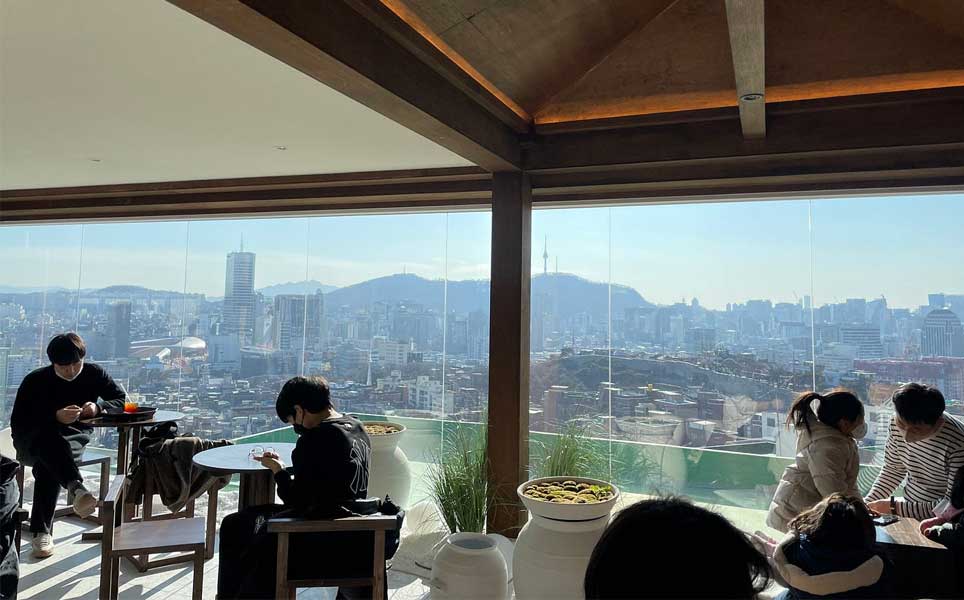
So, what gives?
For many overseas travelers, this is their first true culture clash in Korea. While small talk is a near-universal icebreaker in places like the U.S., Australia, or the UK, Koreans tend to see it very differently—sometimes as unnecessary, even stressful. And it’s not because they’re cold. It’s because culturally, conversation has a different purpose.
The Small Talk Culture: What “Friendly” Means (And Doesn’t) in Korea
Western norms often equate friendliness with openness, eye contact, and talking to strangers. But in Korea, friendliness is tied more closely to respect, intention, and context. If a stranger doesn’t speak to you, it’s not an act of rejection—it’s a form of emotional politeness. They’re respecting your space. And they’re expecting the same.
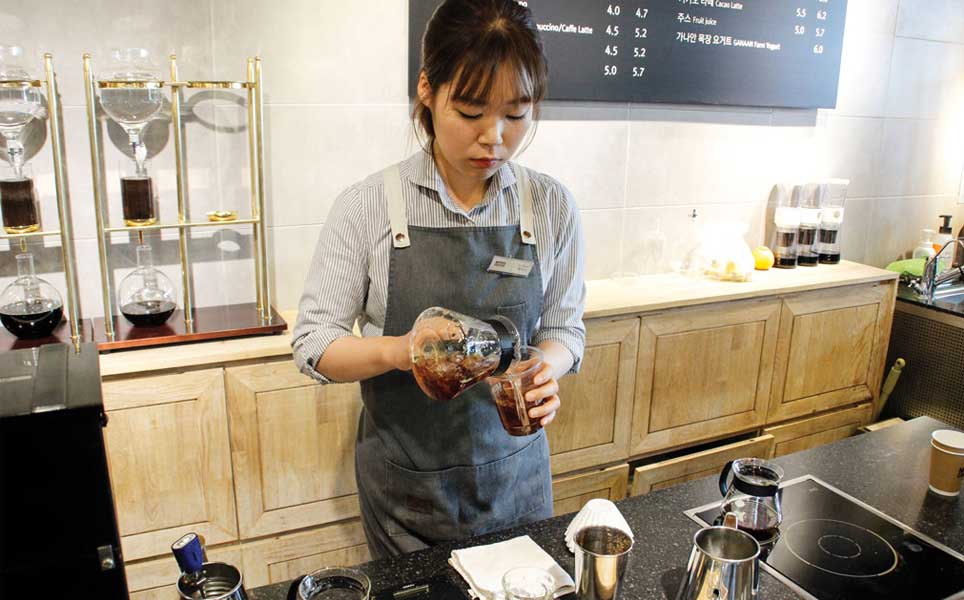
The K-drama fantasy of chatty locals and instant bonding is often just that: fantasy.
In real life, everyday interactions are brief, purposeful, and efficient. At a cafe, the barista won’t ask how your day is going. In a taxi, you won’t get small talk about traffic unless you start it—and even then, it might stop quickly.
It’s not about being rude. It’s about not overstepping invisible social boundaries.
The Invisible Rules of Korean Interaction
To understand Korean communication, you have to look at its roots. According to cultural psychologists, traditional Korean society was built around tight-knit communities—villages, schools, workplaces—where relationships were deep but closed off to outsiders.
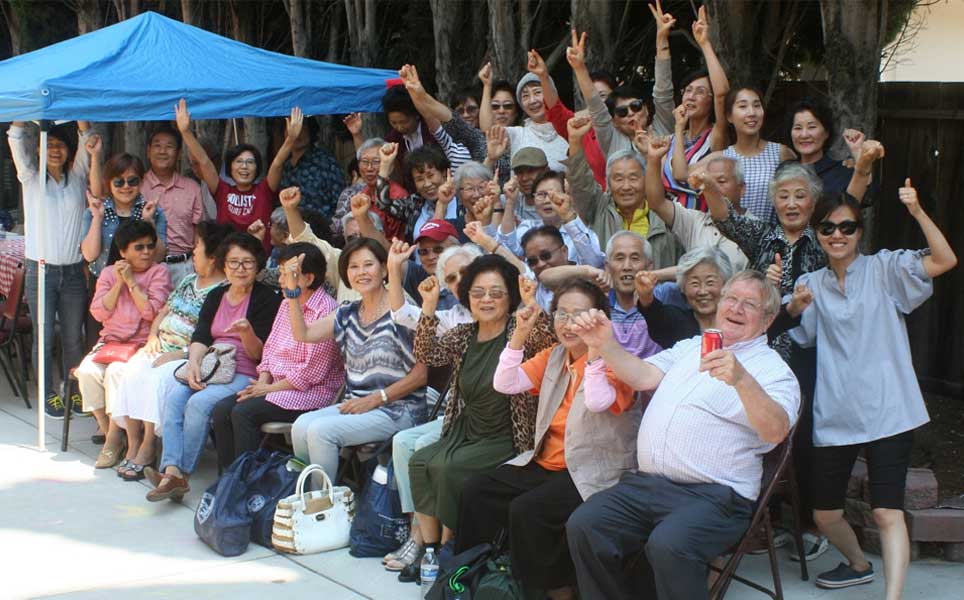
Professor Lee Dong Gwi of Yonsei University once explained: “In communal cultures, people mostly knew each other. There was little need to talk to strangers.” That legacy lingers. Even in the bustling modern cities of Seoul or Busan, there’s still a quiet undercurrent of don’t intrude unless necessary.
And with the rise of smartphones and digital living, this norm has only grown stronger. Many Gen Z and millennial Koreans now prefer texting over face-to-face conversation. Digital silence is easy to manage. Real-time small talk? Too unpredictable.
Korea Small Talk Culture: When Silence Is a Service
This preference for silence isn’t just cultural—it’s institutional. Some Korean businesses have embraced it, literally. On the Mamedene hair salon booking app, you can check a box that says “I prefer not to talk during my treatment.” i.M Taxi allows riders to select “Shh! I don’t like unnecessary conversations” before hailing a ride.

These options go way beyond simple niche—they’re popular.
That quiet salon experience? That peaceful taxi ride? Those aren’t glitches in the social system. They’re design choices, reflecting what many locals value: comfort through quiet.
In South Korea, Small Talk Can Be… Too Much
While small talk can be a warm gesture in your country, it may feel intrusive in Korea. And that is especially even more uncomfortable if it gets personal. Asking someone about their job, family, or weekend plans can cause more discomfort than connection.

A young Korean mom once shared how, when taking a taxi with her toddler, the driver would compliment her baby—which was sweet—but then ask, “Are you planning a second child?” It crossed an invisible line.
And that’s the heart of the issue: even well-meaning talk can unintentionally breach personal boundaries.
So What Can You Do Instead?
The good news? You don’t need to change who you are to travel respectfully in Korea. You just need to adjust how you express friendliness.
Instead of small talk, try small gestures. A smile. A slight bow. A sincere “감사합니다 (gamsahamnida)” when someone serves you. These go further than you think.
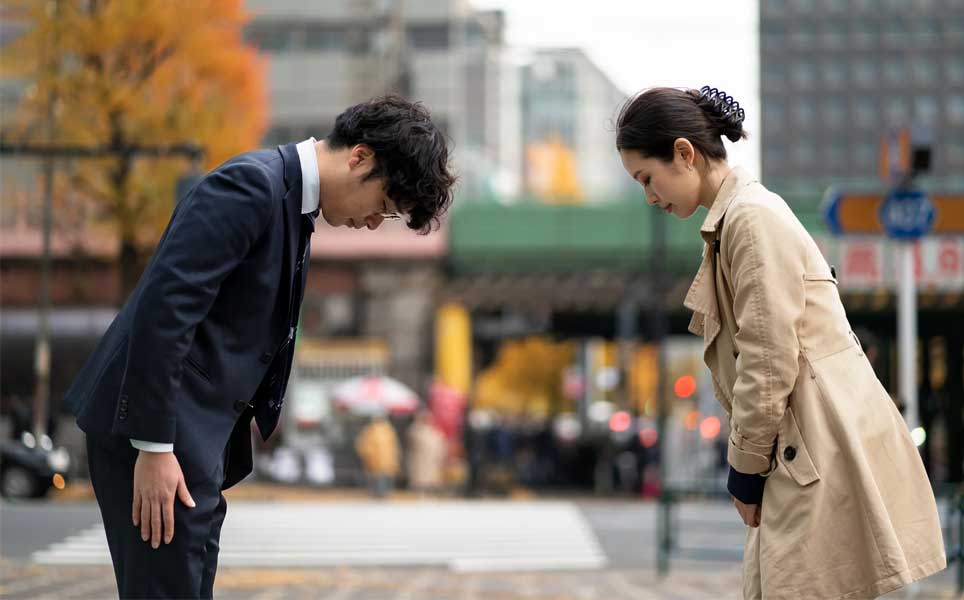
If you want to connect with locals, do it in settings where conversation is naturally expected—language exchanges, walking tours, or shared meals at guesthouses that host cultural events. In those moments, you’ll find Koreans to be incredibly generous, kind, and curious—once the context welcomes it.
The Gift of Being Left Alone
Here’s the secret no one tells you: once you stop expecting small talk, you’ll start to notice something else—Korea respects your solitude. It gives you space to breathe, to think, to be with yourself. And in a world that constantly demands interaction, that silence can feel like a gift.
So the next time you ride the subway in Seoul and no one talks to you, don’t take it as coldness. Take it as trust. In Korea, silence isn’t awkward. It’s intentional.
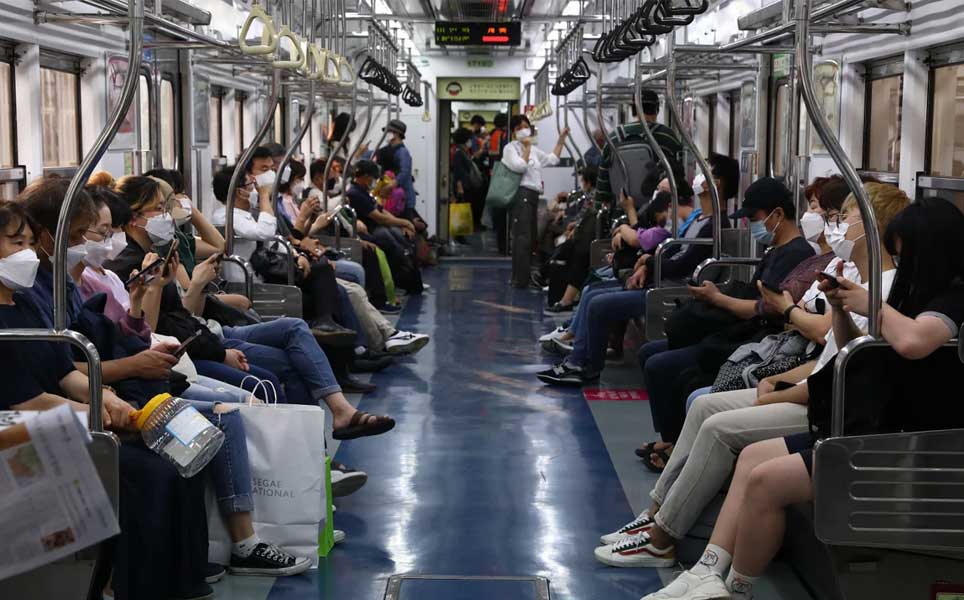
The Lack of Small Talk in South Korea: You’re Not Being Ignored—You’re Being Respected
As a traveler, the beauty of going somewhere new isn’t just about seeing famous places. It’s about learning how people live, speak, and connect—even when it’s quiet.
So if your small talk falls flat in Korea, don’t worry. You’re not doing it wrong. You’re just learning to listen to the language that doesn’t need words.
Related Posts
2,295 total views, 3 views today

















